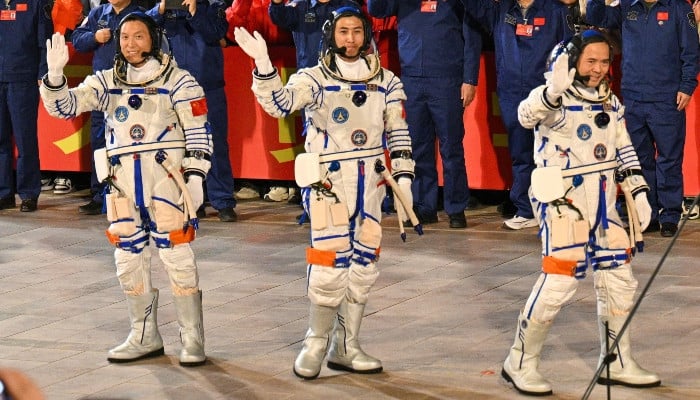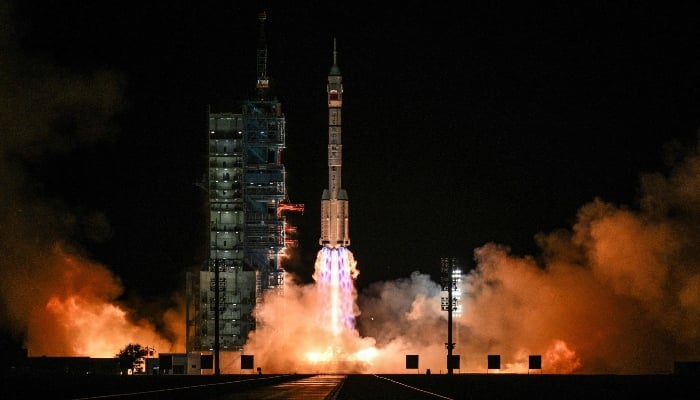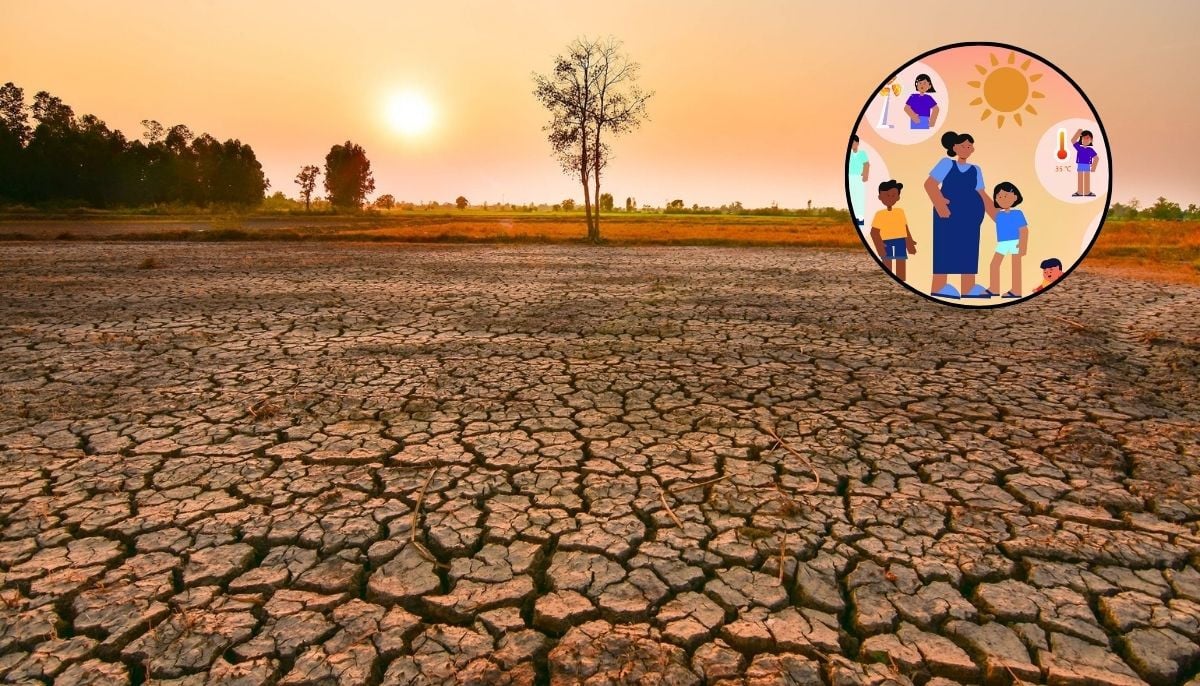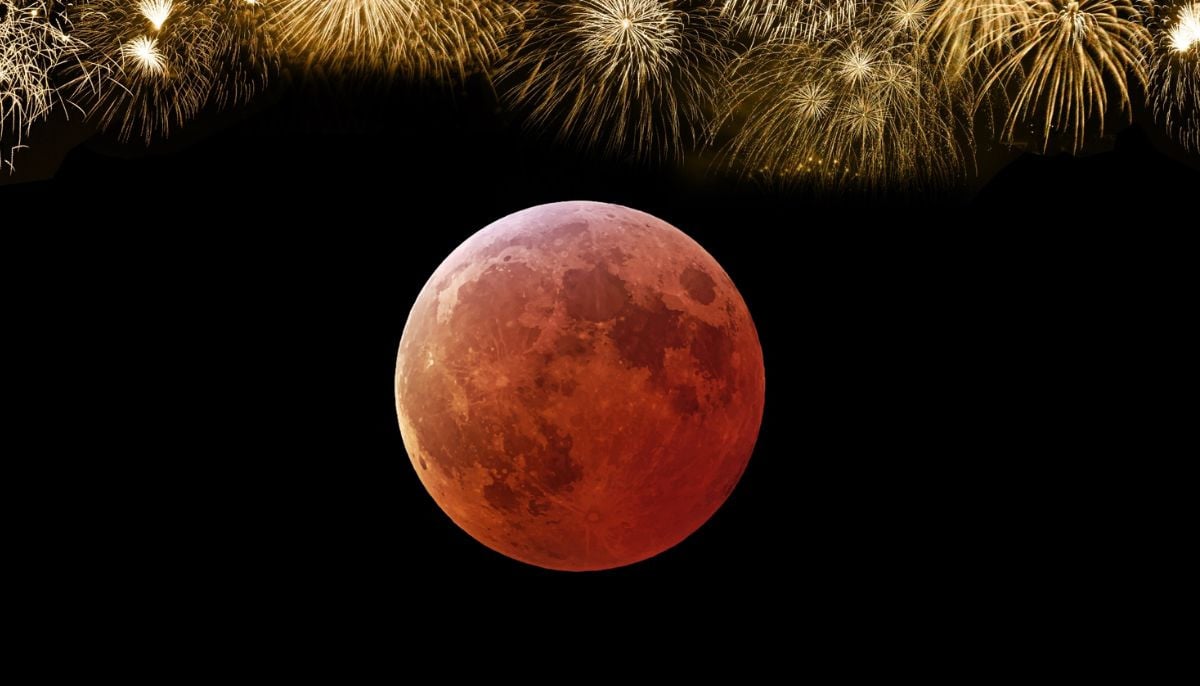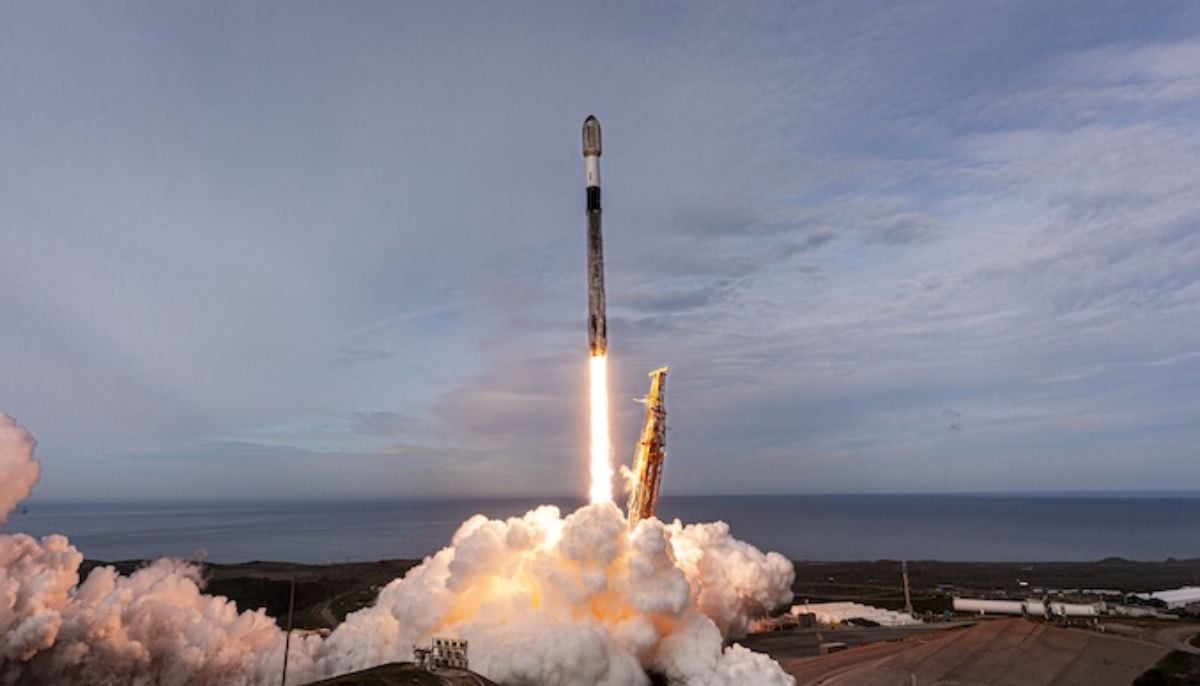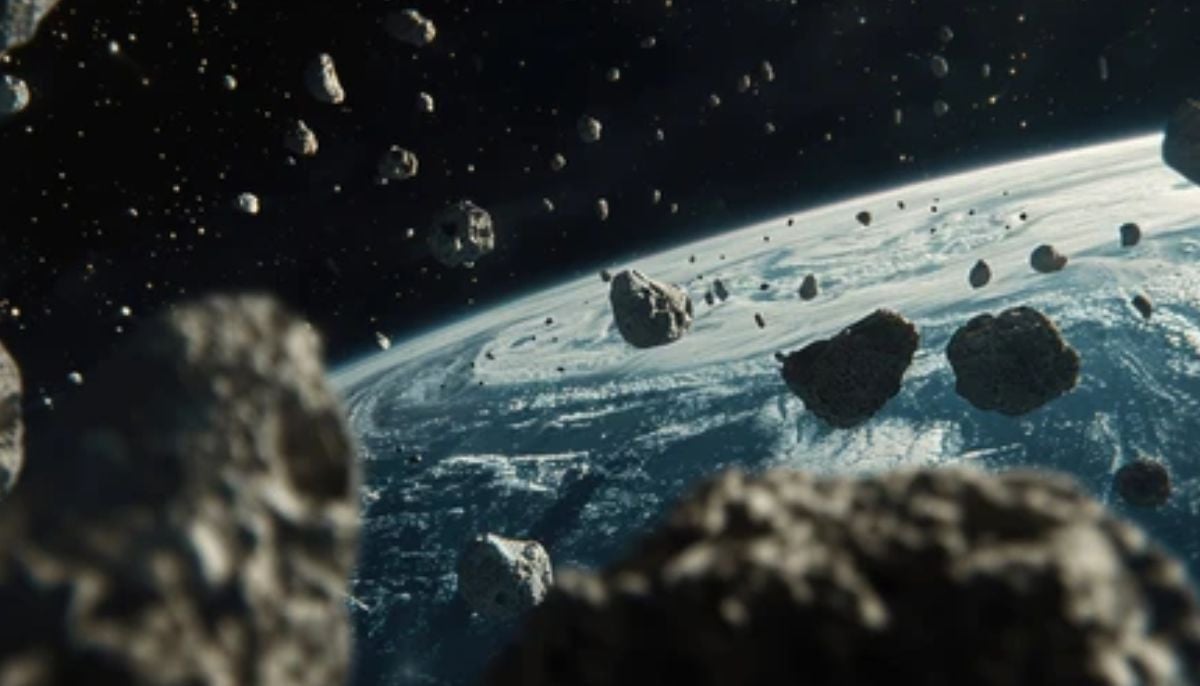A Chinese crew of three, including the country’s youngest astronaut yet, docked at the Tiangong space station early Saturday, accompanied by four laboratory mice.
Chinas Xinhua news agency said Shenzhou-21 made contact at 3:22 a.m. (Friday 1922 GMT), about three and a half hours after taking off from the Jiuquan Satellite Launch Center in northwest China atop a Long March-2F rocket.
The Tiangong space station – staffed by teams of three astronauts rotated every six months – is the crown jewel of China’s space program, into which billions of dollars have been poured into an effort to catch up with the United States and Russia.
China has bold plans to send a manned mission to the moon by the end of this decade and eventually build a base on the lunar surface.
Mission commander and veteran space pilot Zhang Lu is joined by 32-year-old flight engineer Wu Fei, China’s youngest astronaut to fly a space mission, and 39-year-old payload specialist Zhang Hongzhang.
The three astronauts waved to colleagues and family members at the remote launch site in the Gobi Desert as a band played a patriotic song.
Zhang Lu told reporters on Thursday that he was confident his team would “completely successfully report to our motherland and its people.”
Space first-timer Wu told a news conference Thursday that he felt “incomparably happy.”
Four mice – two male and two female – join them as the subjects of China’s first rodent orbiting experiments.
‘Space dream’
Beijing’s space program is the third to put humans in orbit, after the United States and the former Soviet Union.
China has stepped up plans to realize its “space dream” under President Xi Jinping, successfully landing its Chang’e-4 probe on the far side of the moon in 2019, the first spacecraft to do so.
Then in 2021, it landed a small robot on Mars.
On Thursday, the China Manned Space Agency (CMSA) outlined a series of “critical upcoming tests” it was conducting in preparation for its 2030 moon goal.
In addition to promoting scientific research, the Shenzhou-21 crew is expected to conduct spacewalks and install anti-debris shields on the exterior of Tiangong.
The astronauts are also expected to provide “popular science education,” the CMSA said, as Beijing searches nationally and internationally for future space talent.
China has been excluded from the International Space Station since 2011, when the United States banned NASA from working with Beijing.
Since then, the country has sought to involve other countries in its space program, signing an agreement with longtime ally Pakistan in February to recruit its first foreign “taikonauts.”


